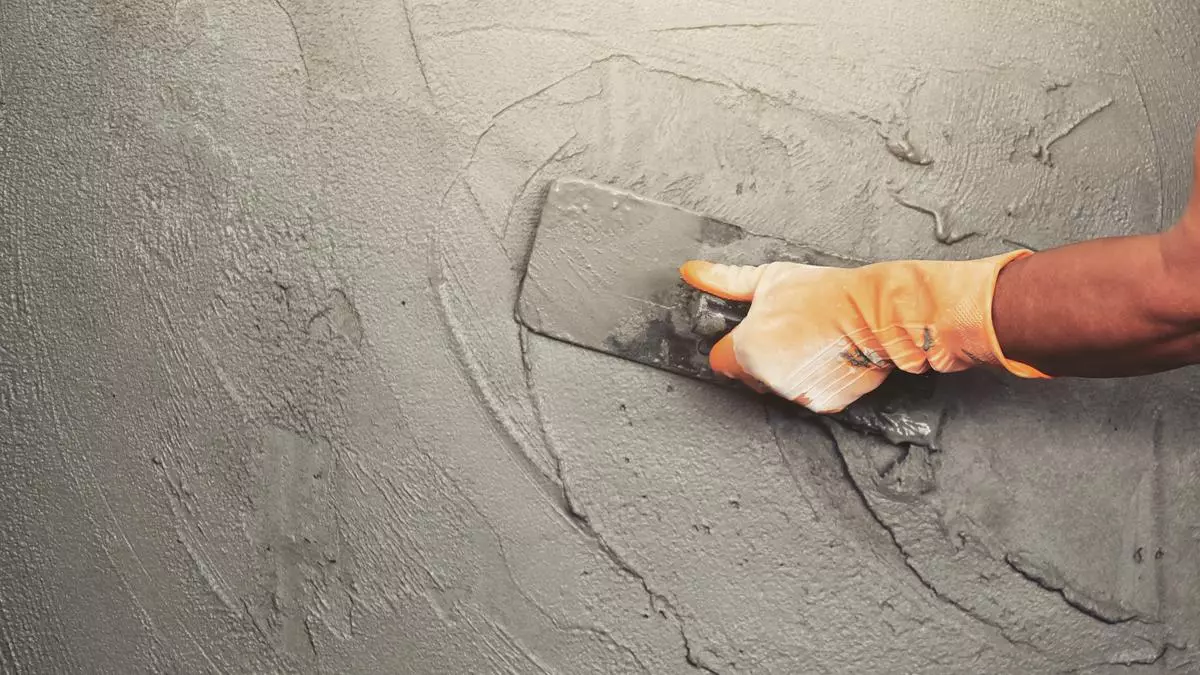Monsoons to Hit Cement Demand; Affordable Housing Push to Restore Sales: Brokerages
The monsoon season is upon us, and with it comes the promise of much-needed relief from the scorching summer heat. However, for the cement industry, the monsoons bring a different kind of challenge. According to leading brokerages, the monsoon season is expected to have a significant impact on cement demand, while the push for affordable housing is predicted to restore sales.
The cement industry has been facing a slowdown in demand for the past few months, with the COVID-19 pandemic exacerbating the situation. The nationwide lockdown and subsequent restrictions on construction activities have resulted in a sharp decline in cement demand. However, with the monsoon season approaching, the situation is expected to worsen.
Brokerages have predicted that the monsoon season will have a significant impact on cement demand, with a decline of up to 40% in the month of July. This is due to the fact that heavy rainfall and waterlogging make it difficult to carry out construction activities, leading to a decrease in demand for cement. The impact is expected to be felt across all regions, with the northern and eastern parts of the country being the most affected.
However, it’s not all doom and gloom for the cement industry. The push for affordable housing by the government is expected to provide a much-needed boost to the sector. The government’s focus on affordable housing has been evident in recent years, with initiatives such as the Pradhan Mantri Awas Yojana (PMAY) and the Credit Linked Subsidy Scheme (CLSS) being launched to promote affordable housing for all.
The affordable housing segment has been a bright spot for the cement industry, with demand remaining steady even during the pandemic. The government’s continued efforts to provide affordable housing to the masses are expected to drive demand for cement in the coming months. This is especially true for the rural areas, where the demand for affordable housing is on the rise.
Moreover, the recent announcement of a Rs. 20 lakh crore economic package by the government is expected to provide a much-needed boost to the affordable housing sector. The package includes measures such as interest rate subsidies and credit guarantees for the affordable housing segment, which will further drive demand for cement.
The brokerages have also highlighted the fact that the cement industry is well-positioned to benefit from the government’s push for infrastructure development. The government has allocated a significant portion of the economic package towards infrastructure projects, which will require a substantial amount of cement. This is expected to provide a much-needed boost to the cement industry, especially during the monsoon season when demand is expected to be low.
In addition to the government’s initiatives, the cement industry has also taken steps to mitigate the impact of the monsoon season. Many cement companies have ramped up their production in the months leading up to the monsoon season to ensure an adequate supply of cement during this period. This will help in meeting the demand for cement, even during the monsoon season.
Furthermore, the cement industry has also been focusing on increasing its exports to offset the decline in domestic demand. With the global economy slowly recovering from the impact of the pandemic, there is a growing demand for cement in international markets. This presents an opportunity for the Indian cement industry to expand its reach and reduce its dependence on the domestic market.
In conclusion, while the monsoon season is expected to have a significant impact on cement demand, the push for affordable housing and infrastructure development by the government is expected to restore sales for the cement industry. The industry’s resilience and adaptability, coupled with the government’s support, will help in overcoming the challenges posed by the monsoon season. With the right strategies in place, the cement industry is well-equipped to weather the storm and emerge stronger in the coming months.





